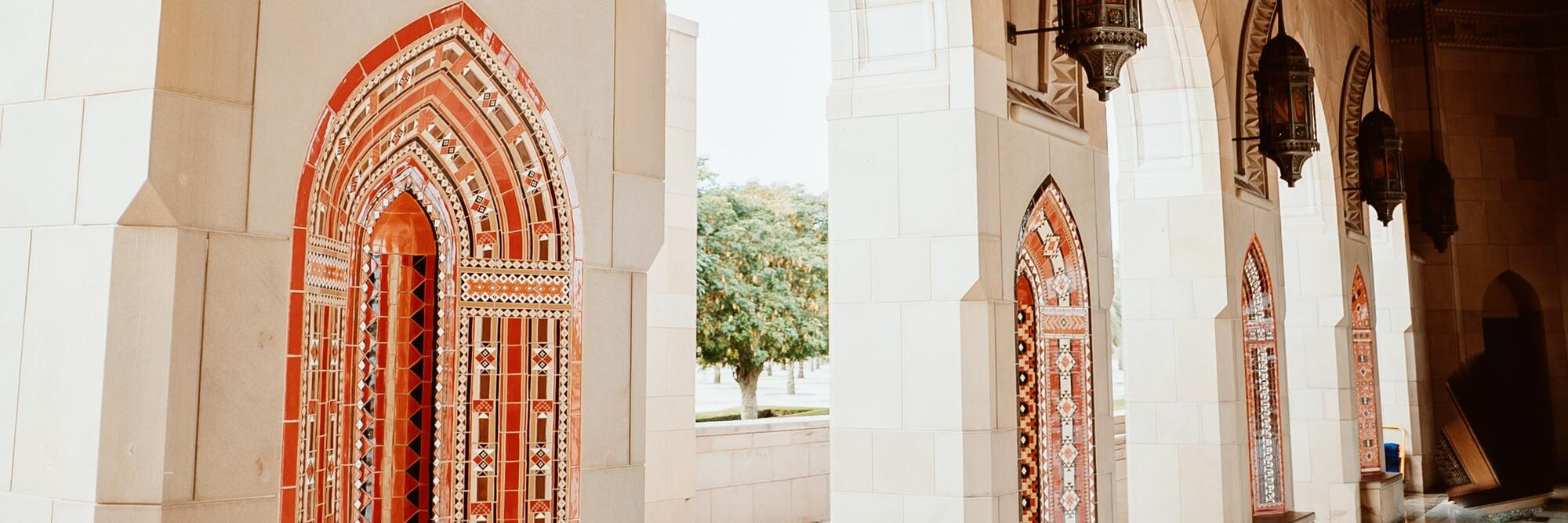Given the contrast between Western and Islamic norms and lifestyles, expat etiquette always seems to be a point of contention in the Middle East. More than any other time, Ramadan can be a challenge for newcomers. As the Muslim religion’s holiest month of the year, it’s more important than ever that expats in Middle Eastern countries like the UAE, Saudi Arabia and Libya temper their behaviour to meet expectations and prepare themselves to adjust accordingly to life during this time period.
What is Ramadan?
Ramadan is a time of reflection and prayer for Muslims. The month-long holiday is marked by a fast that spans from sunup to sundown each day and is meant to cleanse the body of impurities and remind Muslims how the more unfortunate may feel.
Muslims are expected to adhere to the tenets of Ramadan both in public and behind closed doors.
The basic Ramadan rules of thumb for Muslims:
- No eating, drinking, smoking or sex between sunrise (fajr) and sunset (maghrib)
- Curb undesirable emotions such as anger, greed, envy and lust, and refrain from gossip.
- Keep thoughts and actions pure, and use the time of fasting for spiritual contemplation.
- Be charitable and help those in need.
- Visit friends and family members.
Meeting expectations as a non-Muslim
While non-Muslims are not expected to practice the principles of their Islamic counterparts, Muslim countries often have laws that ban certain behaviours over this time period. Expats should make sure they’re aware of these laws, and even though, in practice, non-Muslims are only expected to uphold the laws while in sight of Muslims, it’s best to respect the Ramadan culture.
- It is illegal to eat, drink or smoke in public during daylight hours during Ramadan; this applies while in a mode of transportation like a car or bus.
- All members of society are expected to dress conservatively, women making special efforts to limit the amount of make-up worn and cover arms, legs and shoulders.
- No music or dancing is allowed during Ramadan, turn your car stereo down and be mindful about playing tunes loudly even in the comfort of your own home.
Be in the know
In addition to the behavioural bans, the normal day-to-day routine of the business world is also disrupted.
Cafés and restaurants are closed, and hotel beaches and pools also instate the no eating, drinking, and smoking rule. Retail shops are usually only open in the earliest morning hours and after 4pm, if at all.
As Randy Parker, an expat living in the UAE and a passionate blogger clarifies, 'Few places are open outside of the tourist areas and hotels. In open Muslim-owned shops, be prepared to deal with a hypoglycaemic, dehydrated person. Not pleasant anywhere!'
Four- and five-star hotels do tend to have screened-off areas where foreign nationals can manage a quick bite, but these venues can burn a hole in your budget if not careful. Supermarkets are still open, and some takeout stores will deliver.
Working hours are reduced as a rule during this time period.
'The normal workday of 8am to 5pm changes to 8pm to 2pm in most cases of office workers,' affirms Parker.
As there is no music allowed, nightclubs are closed, and eerily quiet pubs and bars open around 7pm.
Relocating to the Middle East during Ramadan
Relocating to a Middle Eastern country during Ramadan is a terrible idea. The usual inefficiency of government agencies is exacerbated by office closings during this time, and those at work are not only distracted but often unable to concentrate properly due to a lack of daytime sustenance.
The shop closings also make resettling all the more difficult, and the emptiness of the streets between sunup and sundown can be an intimidating first impression for an expat to stumble upon.
It is highly recommended to negotiate your time of relocation well before or suitably after Ramadan.
Reaping the benefits of Ramadan
The sooner expats can prepare themselves to make the minor adjustments required, the faster they can begin to take advantage of the major benefits of the month-long holiday period.
Though the city can be nearly repressively sombre during the daytime, sundown is an event for daily celebration.
Iftar, the meal where the fast is broken, is an occasion where friends and family join together to enjoy a delicious meal and revel in warm and welcoming company.
Restaurants in most major cities offer great value fixed-price Iftar buffets, and some hotels even feature giant tents inviting residents and visitors alike to take part in the culinary delight of breaking the fast.
For the most worthwhile Arabic experience, expats may be lucky enough to be invited into an Arabic home – an honour to be cherished.
Furthermore, though the retail shops are closed during the day, fantastic sales – especially on electrical goods – can be found at night during their reopening.
Perhaps even more gratifying than the physical advantages of the time, though, are the lessons to be learned from Ramadan’s roots.
'The Prophet Mohammad taught all Muslims to take time out during Ramadan to be introspective and to be charitable to their less fortunate fellow man. I admire that,' says Parker.
Expats should embrace the spirit of the period and revisit the importance of family and friends, and in doing so, deepen their empathy for humanity as a whole.



